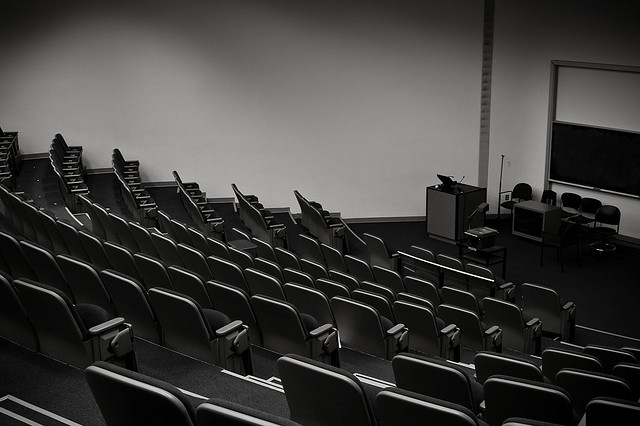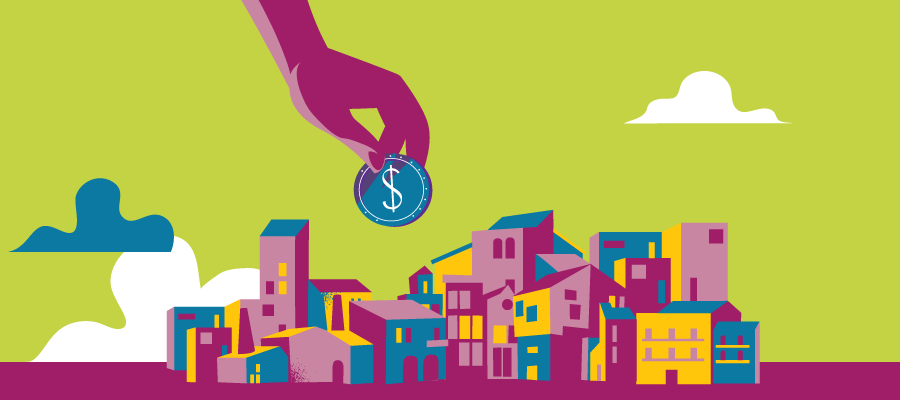Who’s not coming to school this September?
Today is the first day of school and newspapers, Twitter feeds and Facebook pages are filled with photos of backpack-carrying children and well wishes from their community for a new school year. This celebration speaks to the importance we all place on learning, and on our collective effort to educate our children. It’s one of the most important things a society does for its young. But learning does not end in Grade 12, and the transition from K – 12 to post-secondary education is more like an obstacle course than a pipeline for thousands of adults.
With about 85% of students completing secondary school Canada compares favourably with its international counterparts. But the learning and life trajectories of the 15% of adults who do not graduate annually are often ignored. These adults include Aboriginal peoples, 36% of whom complete secondary school, and people with learning difficulties, only 62.6% of whom complete high school in 6 years in BC. Added to those who do not graduate are thousands of adults whose high school graduation credentials are not recognized or deemed sufficient for employment or further education, and those who have lost their jobs in the current recession and need to brush up on their math and essay-writing skills to qualify for further studies or employment.
I meet these adults every day in my work: Kathy who has been unemployed for 10 months and will lose her EI benefits if she returns to school to complete a massage therapy certificate, Ali who can’t afford new tuition fees on adult basic education to upgrade his marks to get into the local technical college, Mary who wants to learn digital literacy skills to keep her job as a sales clerk.
Attending to the educational needs of adults who don’t flow in the K – 12 to post-secondary “pipeline” is key to fighting inequality. After all, the BC government acknowledges that 78% of jobs will require post-secondary education and non-graduates are 4 times as likely to be unemployed (20.2%) than those with university qualifications (5.2%).
Until 2014, we had the workings of a government funded adult literacy movement in Canada. It was wobbly but at least it represented an acknowledgment among political leaders that the educational needs of the most vulnerable in our society matter. But in 2014, the federal government began to dismantle the pan-Canadian literacy movement that provided public awareness, research, information sharing and best practices in adult literacy instruction. Also in 2013-2014, federal transfer payments for literacy and training programs for youth, older workers and people with disabilities were declined or were held back and the Labour Market Agreements that allowed provinces to address the education needs of low-skilled workers and those who did not qualify for Employment Insurance were replaced by the Canada Jobs Grant. This new grant ties education funding to a more narrowly defined “training for an existing or better job,” and is available to individuals connected to an employer and a training agency; each party receives $5000, leading to criticisms that the program subsidizes already flush employers and excludes the most vulnerable workers and low-skilled adults.
All this has led to the release on this International Literacy Day of a statement from a network of adult education organizations and individual researchers (including myself) that asks political parties to detail their adult education platform and to: re-commit Employment Insurance funds to skills training for all eligible workers; uphold Canada’s UN commitments to adult basic education; respect minority language education rights; and, work collaboratively with civil society, Aboriginal peoples, educators, the provinces and other stakeholders toward an inclusive national adult education strategy.
Photo by Benson Kua on Flickr
Topics: Democracy, Economy, Education, Employment & labour


